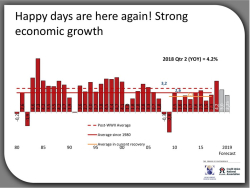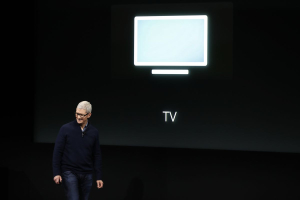
What replaces it is, in a word, the Internet. Streaming services, yes, but with far more interactivity than cable or broadcasting ever offered. True integration between audiences and programming, whether you need news, sports, or entertainment. Available wherever you happen to be. All you need is a mobile phone.
This is the entertainment model of the future.
Sounds great. People are now paying $200-250 per month for bundled Internet and TV service, with the TV taking up two-thirds of that bill. They’re paying another $60 or so for mobile Internet service, with calling bundled in.
There’s a lot of money at stake.
I covered the birth of the present world. I covered it twice.
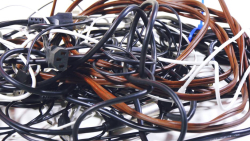
The second time was in 1997. I had just been pushed out of CMP Media. I’d joined it for Interactive Age, a magazine formed to cover two-way cable, which I turned into an Internet book and, then, a failure, in just 9 months. (Hire me!) My new assignment, for the National Cable Television Association, was part of a book describing how two-way cable worked. Their system, known as DOCSIS, delivered more Internet speed than AT&T could. Cable became the dominant form of last-mile Internet.
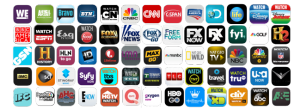
I’m going to take that plunge myself, very soon. I find myself spending less-and-less time on cable. I spend more-and-more time with my Amazon Fire stick, connected to the HDMI port on my TV and, via WiFi, to my Internet contract with AT&T. I still love Turner Classic Movies, which provides serendipity (something streaming doesn’t yet have), but I’m growing tired of CNN, MSNBC, and even CNBC, which have become (like Fox) talk channels devoted to putting people in a studio and getting them riled up.
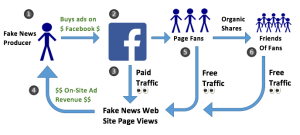
Serendipity has also been lost. Amazon, Netflix and YouTube will suggest what to watch next, but as with Facebook, their algorithms are sending people down ratholes. You liked this? You’ll love more of the same. And more, and more, and more.
That’s not the way I like to TV.
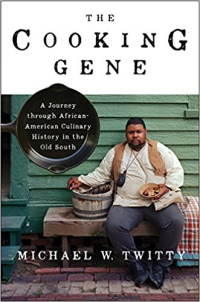
The last time this happened for me was in 2017, when I picked up Michael Twitty’s The Cooking Gene while visiting Minneapolis. The book changed my life.
Serendipity can come from anywhere. I first bought Jason Isbell’s Southeastern in 2013 after hearing him talk on the Marc Maron WTF podcast about their shared problem of substance abuse, after which Isbell played his song Elephant, about watching someone die from cancer.
My mom didn’t die from cancer. She died from dementia. She left her body three years after Elephant, although her mind had left some time before. Elephant got me through. I don’t think I would have survived that time without Jason Isbell. “We try to ignore the elephant somehow.”
The point is, Isbell came to me through serendipity.
That’s what the “extra” sections of a newspaper provide. That’s what record stores and book stores provide. We need to replace them.
Back to community.

Today we have sites like Nextdoor and Patch, there’s a local news site called Decaturish, and I belong to a neighborhood group for Kirkwood. There’s also a Neighborhood Planning Unit, covering the DeKalb County part of east Atlanta north of I-20. I’m the secretary.
It’s not the same. It’s not as good.
My new, young neighbors go to some of those meetings, and participate at some of those web sites, but I don’t know them half as well as the people they replaced, the Garys and the Shanks, the Harrises and the Whites. Even under the old system some things fell through the cracks. We got a cat once that was deathly afraid of large, black men – it wasn’t until years later I learned the girl who gave him to us was being sexually abused by her step-father. I don’t think I would have read that on Nextdoor, either.
Serendipity and Community. Wonder and intimacy. A deep connection with what makes us unique, and what we share. These are missing in today’s online world.
Can you give me that, Apple? Google? Amazon?
Hello in there.


